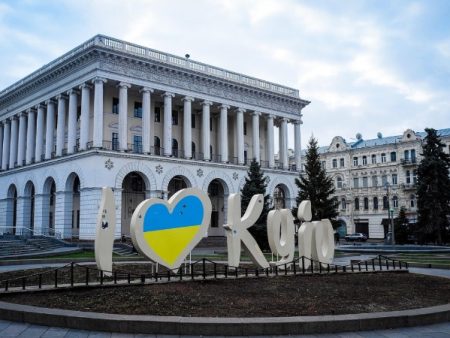President Ferdinand Marcos Junior pronounces the ban of the POGOs or Philippine offshore gaming operators. The announcement will take effect immediately. It has received widespread applause but has also raised many questions. Particularly concerning are the 40,000 Filipino workers whose jobs are at stake.
Marcos Jr. said during his State of the Nation Address recently that the grave abuse and disrespect to their system and laws must stop. They need to end their havoc on society and the tarnish of their country. He announced the ban in his SONA and referred to a lot of criminal activities linked to POGOs.
He has instructed authorities to send foreign POGO workers, usually Chinese nationals, home within two months. Additionally, he has ordered all POGO businesses to shut down by the end of 2024.
Even though many Filipinos welcomed the decision, observers said the ban should be accompanied by a solid plan. This plan should help local workers and their dependents transition to more stable jobs. It should also aim to restrain the illegal activities linked to POGOs, such as scams and human trafficking, for good.
Dean of the De La Salle – College of Saint Benilde’s School of Diplomacy and Governance, Gary Ador Dionisio, said that now that some of their fellow man have become enmeshed and, to some extent, depend on their economic activities in POGO operations such as transportation services, food business, rent, the outright ban should be accompanied by a well-planned transition from a POGO-department economy.
The local gaming regulator PAGCOR or Philippine Amusement and Gaming Corporation appealed to spare 12 of the 43 licensed POGOs. These were classified as business process outsourcing or BPO firms. This is following the president’s declaration.
In June, Presidential Anti-Organized Crime Commission Undersecretary Gilbert Cruz stated that there were more than 300 illegal POGO hubs in the country. This surge has occurred since 2016 when Chinese companies began taking advantage of the liberal gaming laws in the Philippines.


